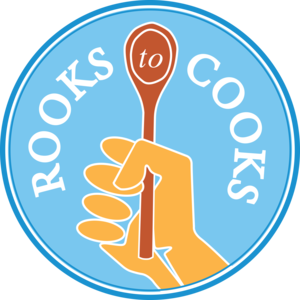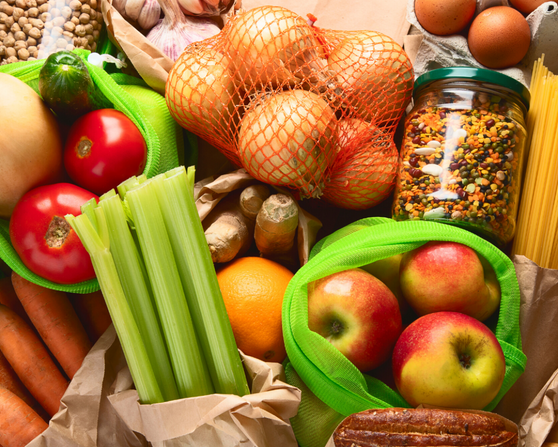Whether you have a toddler or a teen, nutrition is important at every stage of development. As parents, we strive to provide our children with the nutrients their bodies need, but that can easily get tossed out the window with picky eaters, busy schedules and drive-thru lanes!
Every growing child requires nutrients for the healthy growth of their body and mind. It’s the fuel for their brainpower, physical improvement, and playful spirits. While parents are initially responsible for their kid’s nutritional intake, it is also important to help kids to build a great relationship with food and ensure that balance comes first.
At a young age, children require so much nutrition as their bodies and minds are accelerating in development. Here are 5 crucial nutrients that children must have as they grow!
Carbohydrates
We’re going to go against the ‘grain’ here and say not everything you read has to be taken with a ‘grain’ of salt. Okay, okay all puns aside, carbohydrates are the most important and readily source of energy for children. The primary function of carbohydrates is to provide energy for the body and fuel for brain function. The body breaks down carbohydrates into glucose which fuels the cells in the body. This bodily process provides children the energy they need to run around and play, but also provides them the fuel to learn and absorb the knowledge they need as they grow into brilliant little beings.
Some great ways to add carbohydrates into their diets are through whole grains and foods made from whole grains such as oats, rice, and whole-wheat bread.
Vitamins and Minerals
With busy modern lifestyles we look for ways to keep our children healthy.The primary function of vitamins and minerals is to ensure that the body maintains optimal health. Vitamins and minerals such as vitamins A, B, C, D, E, calcium, and other types are so critical, especially for growing children.
Fruits and vegetables are a great source of vitamins and minerals. Many common foods such as milk, bread and even some breakfast cereals are fortified with nutrients and vitamins B and D, calcium and iron. A well balanced meal is necessary to the growth and immunity of a child.
Hydration
Water is our most valuable resource. The primary function of hydration is water. It is essential to digestion, circulation and basically every body function. Water is the most essential nutrient, especially for an active and growing child. It helps distribute the necessary nutrients into the body.
While water is a sure way to ensure your child is properly hydrated, adding electrolytes into the water can incorporate more nutrients to ensure they’re properly hydrated.
Eating water-rich fruits and veggies is another great source of hydration. Not only do these foods help with hydration, but your child will be receiving a variety of nutrients as well.
Protein
What child doesn’t want to grow big and strong? No better way than to encourage protein into their daily meals and snacks. The primary function of protein is to build and repair tissue in the body. It is also another significant source of energy for the body. Protein contains amino acids that are vital to a growing child as it is the building blocks of tissue growth such as muscle, skin, bone, and hair. Protein also helps in enzyme, hormone, and antibody production.
Poultry and legumes are great sources of protein. Some fruits and vegetables also contain high protein content such as bananas and spinach. Children are constantly growing, so not only do they need protein to maintain general health but also for growth and development.
Fats
In our overly health conscious society, parents may make the mistake of excluding fats from their childrens daily meals. Sacrificing it more for fruits, vegetables and grains. The primary function of fats is to provide backup energy for the body and mind. It helps insulate the body and also protects vital organs.
Healthy fats can be found in monounsaturated and polyunsaturated fats found in olive oil, nuts, seeds, and avocados, as well as fatty fish rich in omega-3 fatty acids. Fats such as saturated fats from red meat, cheese, and butter, and trans fats from processed products that contain partially hydrogenated oil should be avoided.
Cooking together with your family is one of the most important factors to healthy eating. When you let your children help in the kitchen, it makes their little faces beam with delight! They feel a sense of accomplishment and excitement knowing they helped cook a family meal.
If you’re looking to nurture your children’s skills in the kitchen, Rooks to Cooks is the place to be. Our upcoming winter break camp and winter sessions are a great way to introduce your little chef to healthy eating, and building skills that will last them a lifetime!

